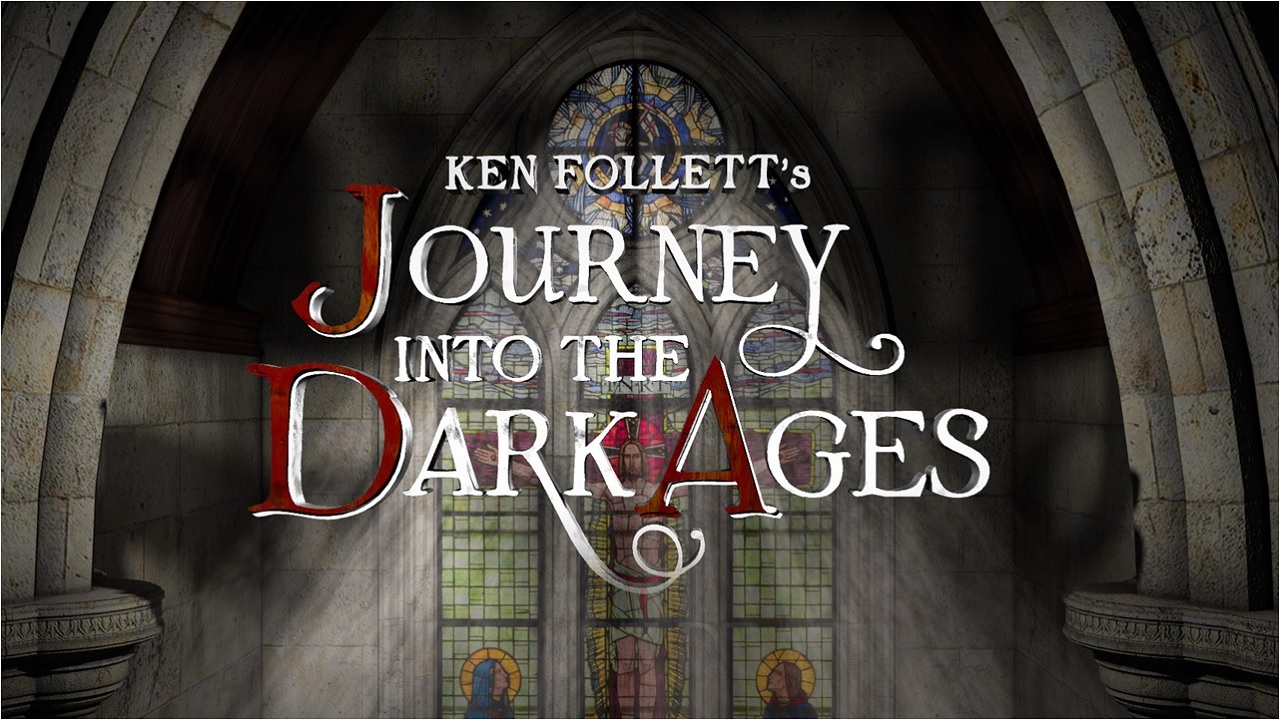Synopsis
Three women whose resolve, intelligence and bravery helped shape history - at a time when females had few rights and were excluded from the priesthood, the military and universities - are studied by Ken Follett.
He begins with the story of 12th-century German nun Hildegard von Bingen, one of the inspirations behind the character of Caris in his novel World Without End. A writer and composer, Hildegard successfully challenged the Church's hierarchy.
Facing resistance from the male priesthood, she set up her own nunnery and lectured the powerful on the immorality of their actions. When Hildegard died, aged 79, she was the most influential woman in Christendom.
French writer and mystic Marguerite Porete went even further, challenging the very foundations of church teachings 120 years later. Her book, The Mirror of Simple Souls, contained a revolutionary message: you don't need the church to find your way to God. In 1310 she was burned at the stake after being tried for heresy.
Follett also profiles Joan of Arc, the woman who inspired a fledgling nation in its war against foreign invaders. Travelling to Chinon castle in France, he discovers she was recruited by the powerful Yolande of Aragon to adopt the role of saviour of the nation.
Eventually dropped by her powerful patrons, Joan was captured and burned at the stake by her Burgundian and English enemies in 1431. Her martyrdom made her one of France's most popular heroic figures and one of the most famous women, not just of the Middle Ages, but of all time.


